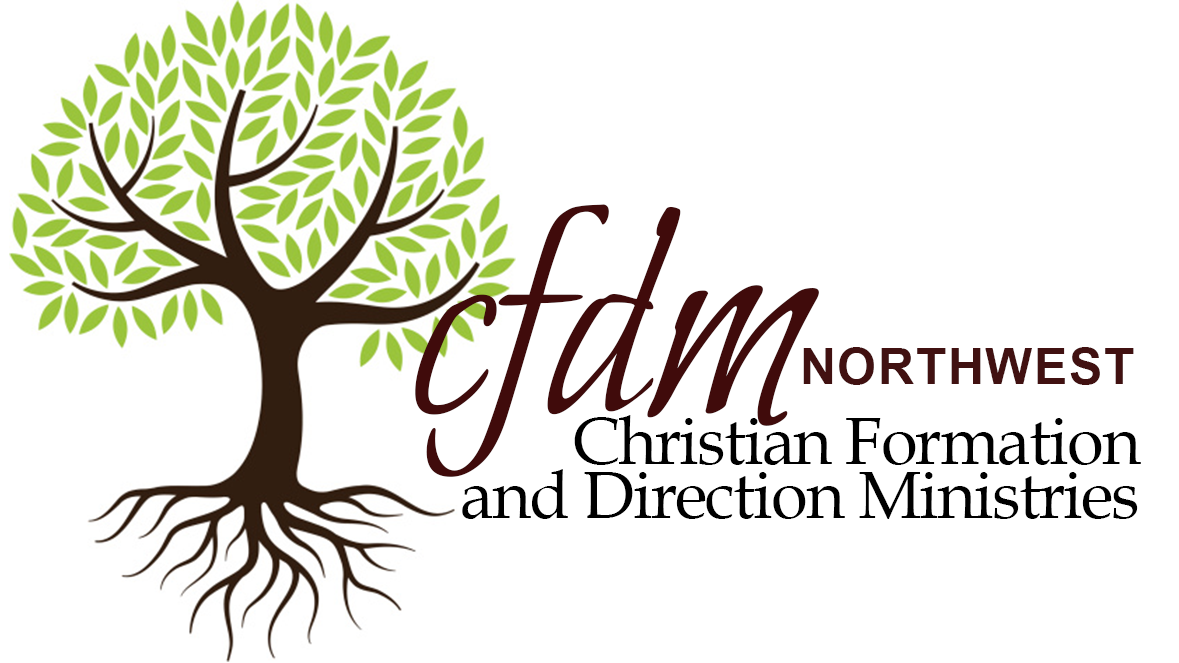Being the Beloved - A Monthly Blog from CFDM Northwest
By Rev Mona Chicks
In a recent re-reading of the final chapters of Acts, I was struck anew by how frequently the winds are against Paul as he travels toward Rome. It’s a story of struggle, of being slowed down, losing all your cargo, two weeks adrift, seasick, shipwrecked, and eventually being dumped off in a port and having to walk the rest of the way.
Oh boy does that sound like life! Just when you think you have your sails trimmed perfectly to the wind, a health crisis shifts the wind, or strife in a relationship worsens, or a job or vocation loss causes waves to slop over the side of your boat and you’re swamped. Or a global pandemic uphinges everything and you don’t know which way is up.
Paul and his shipmates are at a port named Fair Havens. For some reason, and against Paul’s advice (because after all, what’s better than the advice of a tentmaker and religious zealot when it comes to maritime navigation?), the centurion in charge decides that they should push ahead to Phoenix to wait through the winter months. Now I agree that wintering in Phoenix is better than summering there (just kidding--this isn’t THAT Phoenix!), but why would anyone think that wintering in a place named “Fair Havens” wouldn’t be lovely?
So, against Paul’s advice, they head to Phoenix. But they are caught in a cyclonic wind, known to this day in the Mediterranean as the Gregale. It pushes them far from shore and toward the northern shore of Africa called “Greater Syrtis” - a place devastating to ships, as it is made up of quicksand. The crew madly tosses cargo and adjusts various ship-like things to keep the boat from breaking apart in the storm. They haul their dinghy on board, they throw ropes around the hull of the boat to give extra support to its girding, and they adjust “the instrument.” Luke, being a doctor and not a sailor, and perhaps preoccupied with preventing crew and passengers from dehydration due to seasickness, doesn’t write down the name of the instrument. By every measure, the ship is in trouble.
After two full weeks of being adrift at sea, their readings show a sea becoming more shallow. They see no island yet but they hear waves crashing against rocks. They drop two of their fore anchors.
At this moment, Paul does something really astounding. He celebrates communion.
“Just before dawn Paul urged them all to eat. “For the last fourteen days,” he said, “you have been in constant suspense and have gone without food—you haven’t eaten anything. Now I urge you to take some food. You need it to survive. Not one of you will lose a single hair from his head.” After he said this, he took some bread and gave thanks to God in front of them all. Then he broke it and began to eat. They were all encouraged and ate some food themselves. Altogether there were 276 of us on board. When they had eaten as much as they wanted, they lightened the ship by throwing the grain into the sea.” (Acts 27:33-38)
The so-familiar words, “took bread, gave thanks, broke it…” tell a story about so much more than men who have been starving for 2 weeks who finally get to eat. It is a story of celebrating God’s provision through Jesus Christ. In the middle of the storm, when the end is still uncertain, Paul is still telling the story of the good news of Jesus. For some others on the boat, perhaps this was just another meal. But it’s hardly a reach to suggest that, for Paul, this was the celebration of eucharist.
Pádraig Ó Tuama says,
“I imagine that if the storm were serious enough to cause fishermen to worry then it must have been a dark storm that covered the lights of the night sky, a storm that blocked the light of the moon. Their boat would have been tipping and dipping and falling hither and thither. They were on the waters of chaos, and there was no light even by which to see the chaos. All they knew was their feeling, and their feeling was the unsteady wood beneath their feet; wood of a boat on an uncertain sea.” (In The Shelter)
He’s talking about a different boat, on a different sea, in a different storm. But as with Paul, in this storm, Jesus came to them in the midst of their fear.
Do not be afraid.
How are you enduring the storm? How am I? I know I’m drenched from lashing the hull. I’m desperately trying to adjust the instrument even though I have no idea what the instrument is or does. It’s too easy to rely on what I know (as the ship’s crew knows their ship) and ignore the voice of clarity that speaks out, “no one will die.”
Here, friend. Take this bread.
What books, media, activities are nurturing your heart, soul, mind, strength in this season as we are loving God and our neighbor as ourselves? Post in the comments below or hop on over to our Facebook page and share with one another.


